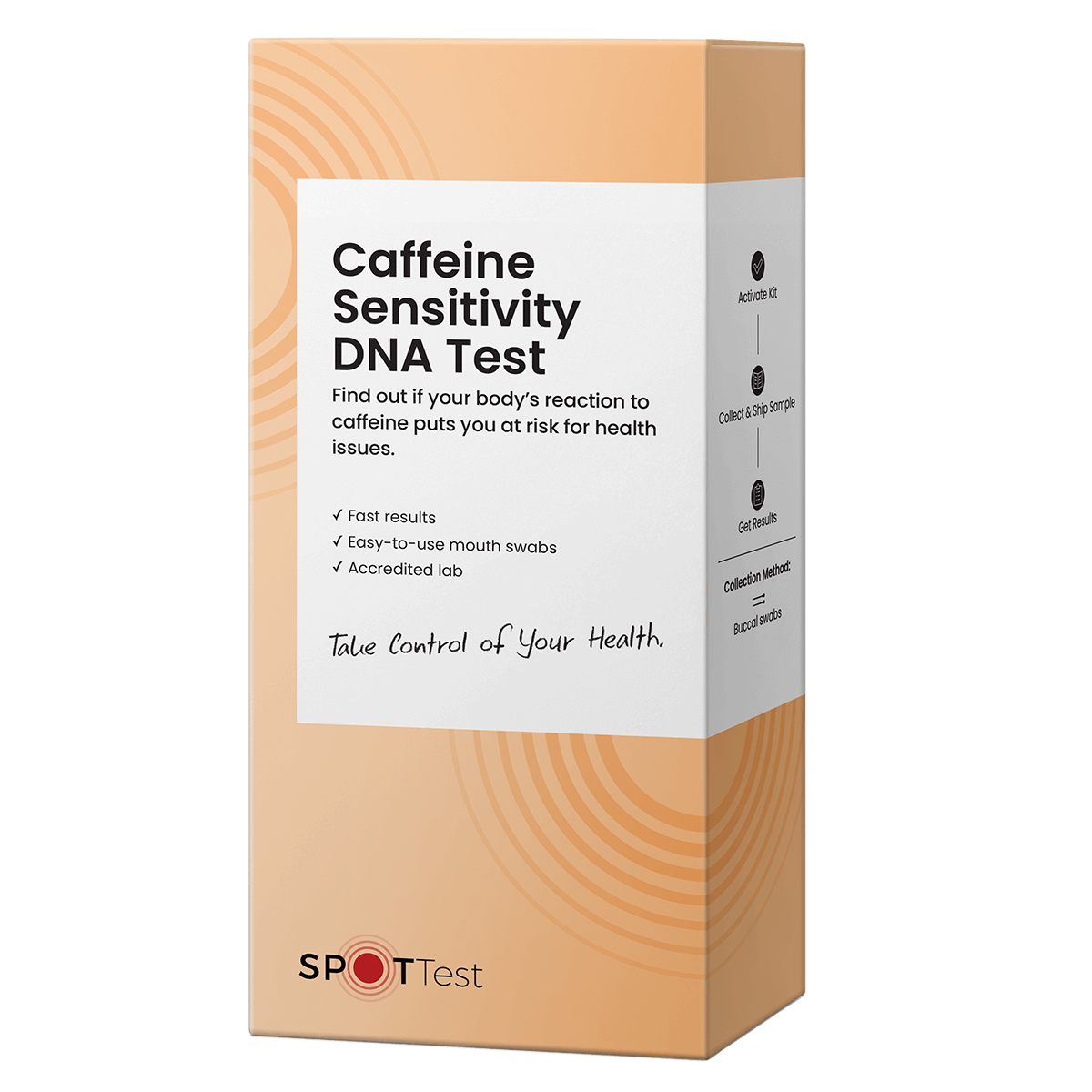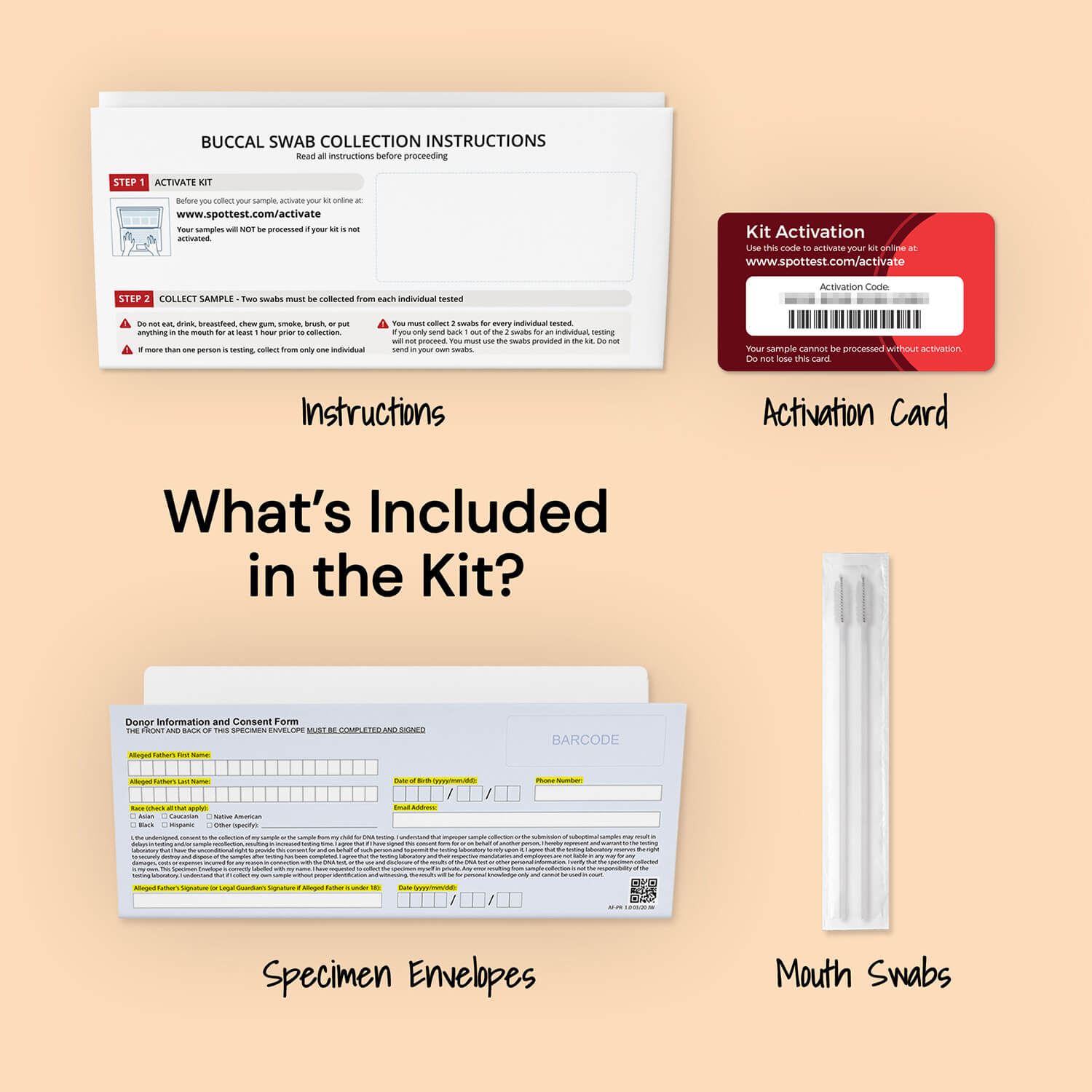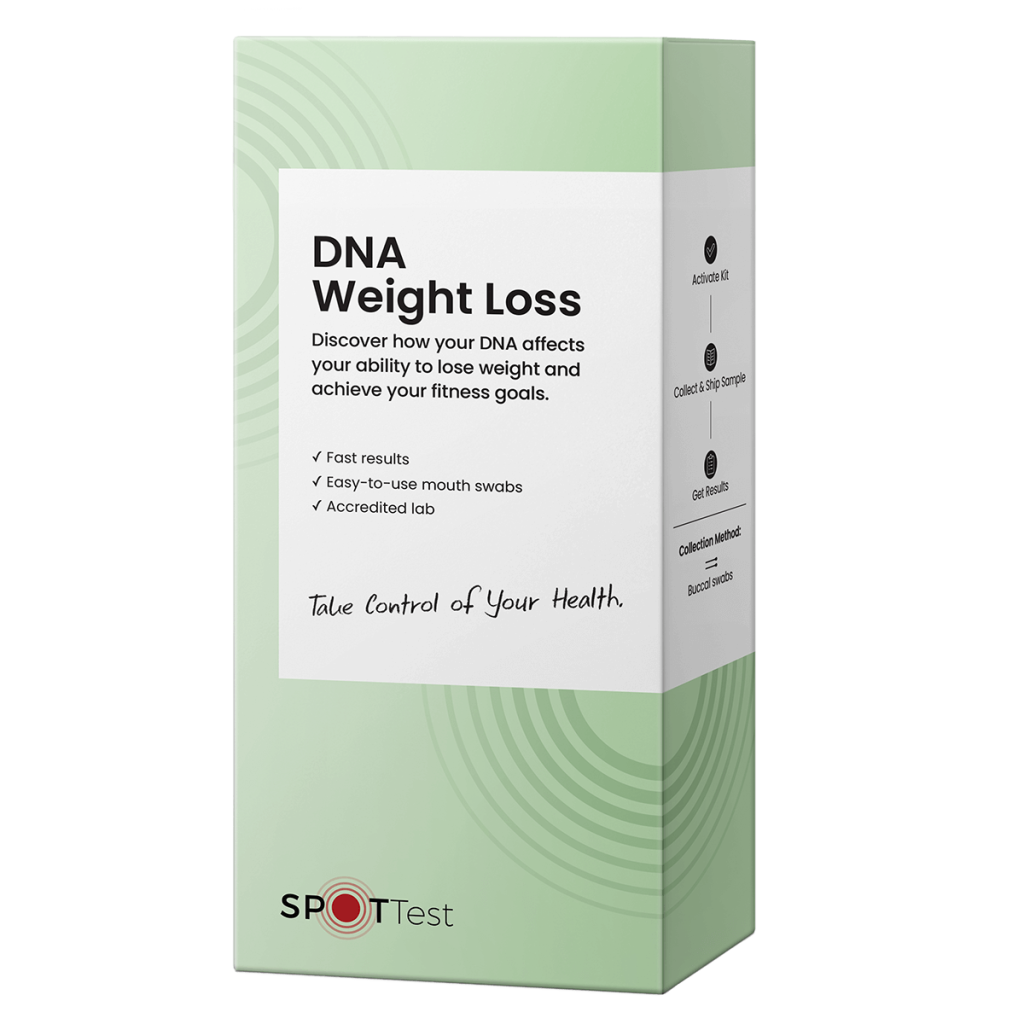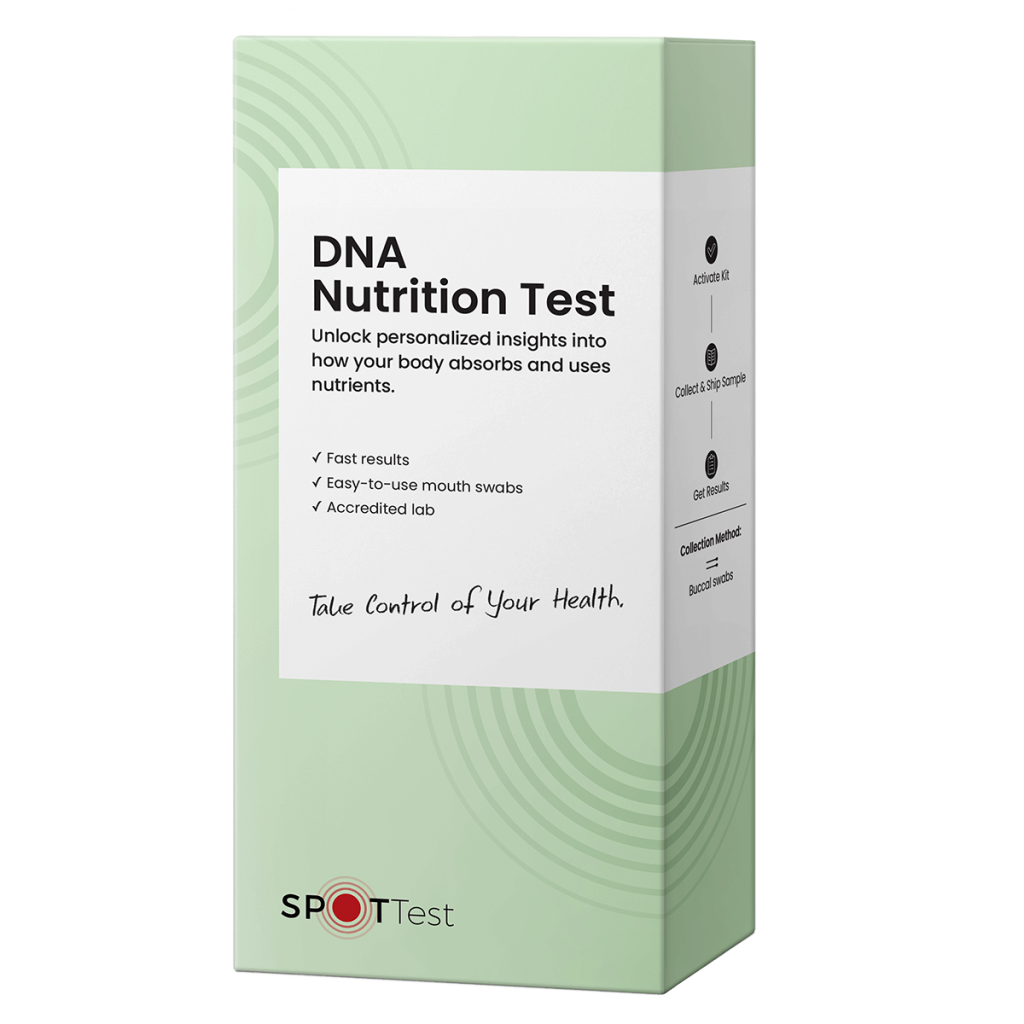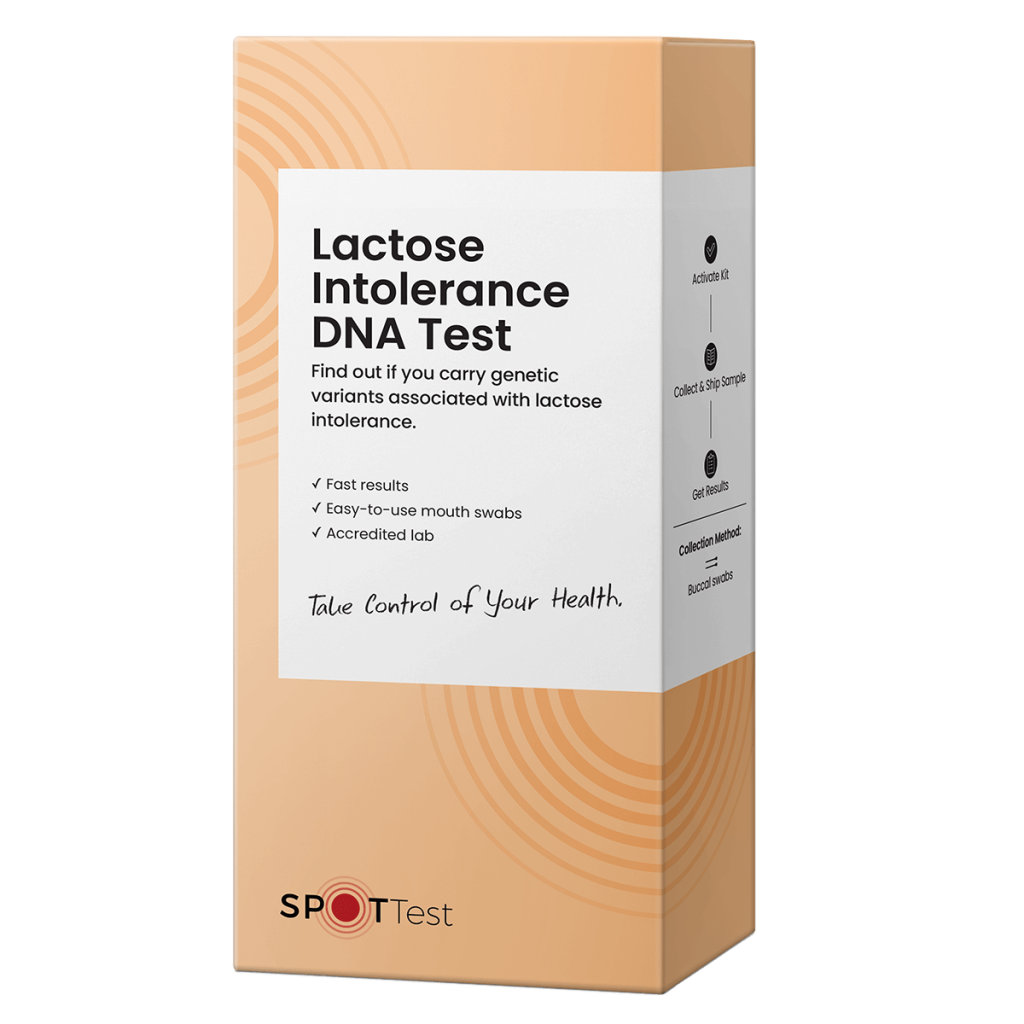Caffeine Sensitivity DNA Test
Find out if your body’s reaction to caffeine puts you at risk for health issues.
Measures:
- Assess your caffeine metabolism rate
- Discover if caffeine raises your heart attack risk
- Identify if caffeine contributes to higher blood pressure
Collection methods:
Buccal swabs
$149.00
- Discreet shipping
- Accredited lab
- Secure Online Results
- Highest accuracy
- Discreet
- Results in 1-3 business days
About the test
Are you sensitive to caffeine?
Do you regularly consume more than 3 cups of coffee daily? Ever wondered if it’s affecting your health?
If you metabolize caffeine slowly, you may be putting yourself at risk for more than just insomnia or jitteriness. Slow caffeine metabolizers take longer to clear caffeine from their system, which can increase the risk of heart problems and high blood pressure (hypertension).
Consuming more than 3 cups of coffee per day can double or even quadruple the risks for slow metabolizers. Take this simple DNA test to find out if you have caffeine sensitivity and understand how it could be impacting your health.
Genetic Profile
The Risks of Slow Caffeine Metabolism
People with the “slow” genetic variant process caffeine more slowly, meaning it stays in their system longer. The longer caffeine remains in circulation, the higher the risk of heart issues and high blood pressure. Those with slow caffeine metabolism who consume more than three cups of coffee per day are at a 2 to 4 times greater risk of a heart attack and a 3 times higher risk of hypertension. It is recommended that individuals with slow caffeine metabolism reduce their caffeine intake to lower these health risks.
Caffeine increases nerve cell activity by binding to cellular receptors, triggering the pituitary gland to release hormones and the adrenal glands to produce adrenaline. This results in heightened alertness, an increased heart rate, and elevated blood pressure. Additionally, the liver releases more sugar into the bloodstream for extra energy.
Caffeine consumption also boosts dopamine levels, activating pleasure centers in the brain. This dopamine surge contributes to caffeine addiction, similar to the effects of other addictive substances like cocaine.
The CYP1A2 enzyme is responsible for breaking down 95% of the caffeine in the body. There are two common genetic variants of this enzyme: a “fast” metabolizer variant and a “slow” metabolizer variant. Those with the “slow” variant have lower CYP1A2 enzyme levels, leading to a slower rate of caffeine metabolism and increased caffeine sensitivity.
Individuals with the “slow” genetic variant take longer to clear caffeine from their system, increasing the risk of heart-related issues. If they consume more than three cups of coffee per day, they face:
- 2X to 4X increased risk of a heart attack
- 3X increased risk of hypertension
For individuals with slow caffeine metabolism, reducing caffeine intake is strongly recommended to lower health risks.
How Does Caffeine Affect the Body?
Caffeine increases nerve cell activity by binding to cellular receptors, triggering the pituitary gland to release hormones and the adrenal glands to produce adrenaline. This results in heightened alertness, an increased heart rate, and elevated blood pressure. Additionally, the liver releases more sugar into the bloodstream for extra energy.
Caffeine consumption also boosts dopamine levels, activating pleasure centers in the brain. This dopamine surge contributes to caffeine addiction, similar to the effects of other addictive substances like cocaine.
How Is Caffeine Metabolized?
The CYP1A2 enzyme is responsible for breaking down 95% of the caffeine in the body. There are two common genetic variants of this enzyme: a “fast” metabolizer variant and a “slow” metabolizer variant. Those with the “slow” variant have lower CYP1A2 enzyme levels, leading to a slower rate of caffeine metabolism and increased caffeine sensitivity.
The Risks of Slow Caffeine Metabolism
Individuals with the “slow” genetic variant take longer to clear caffeine from their system, increasing the risk of heart-related issues. If they consume more than three cups of coffee per day, they face:
- 2X to 4X increased risk of a heart attack
- 3X increased risk of hypertension
For individuals with slow caffeine metabolism, reducing caffeine intake is strongly recommended to lower health risks.
How it works
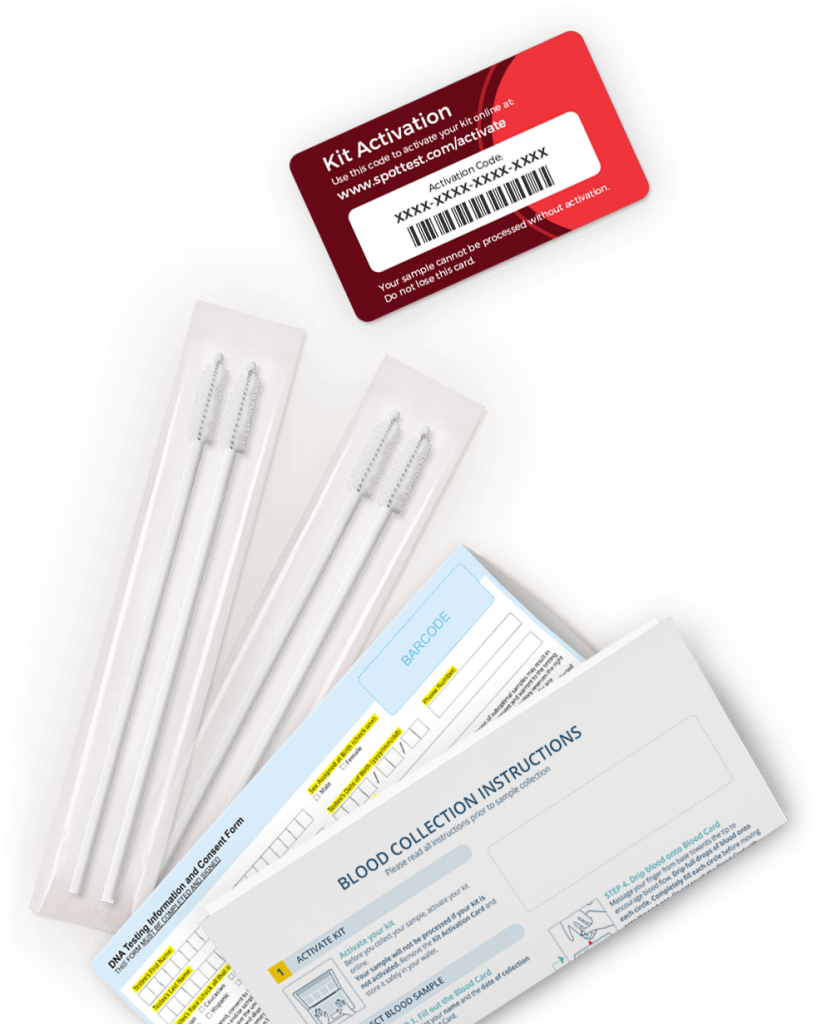

CHOOSE TEST

COLLECT SAMPLE

GET YOUR RESULTS

You might also like
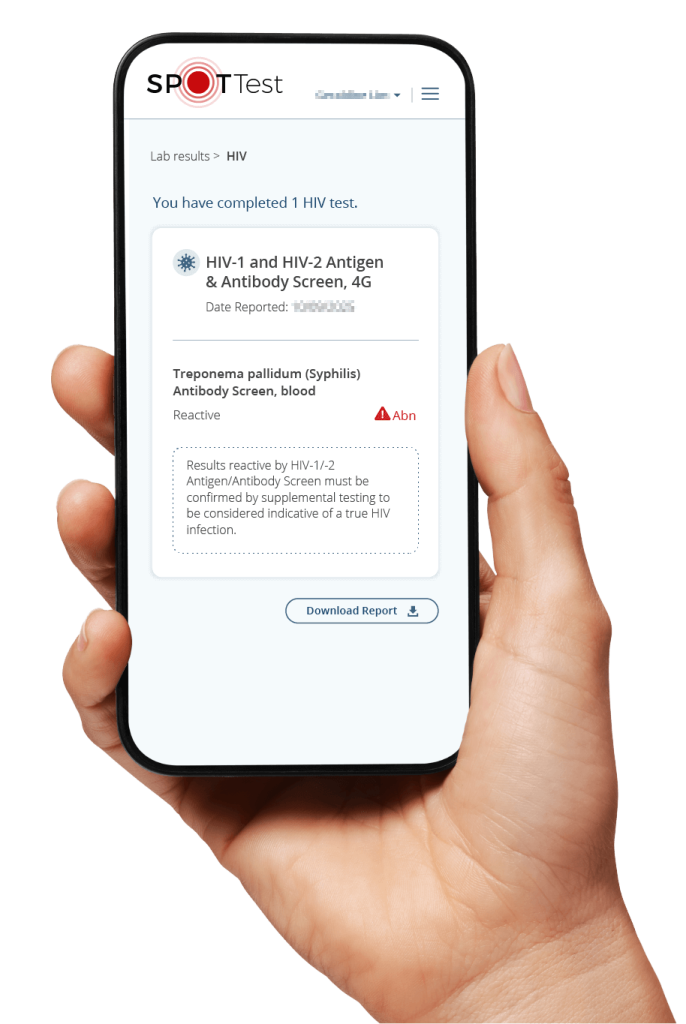
The Risks of Slow Caffeine Metabolism
People with the “slow” genetic variant process caffeine more slowly, meaning it stays in their system longer. The longer caffeine remains in circulation, the higher the risk of heart issues and high blood pressure. Those with slow caffeine metabolism who consume more than three cups of coffee per day are at a 2 to 4 times greater risk of a heart attack and a 3 times higher risk of hypertension. It is recommended that individuals with slow caffeine metabolism reduce their caffeine intake to lower these health risks.

